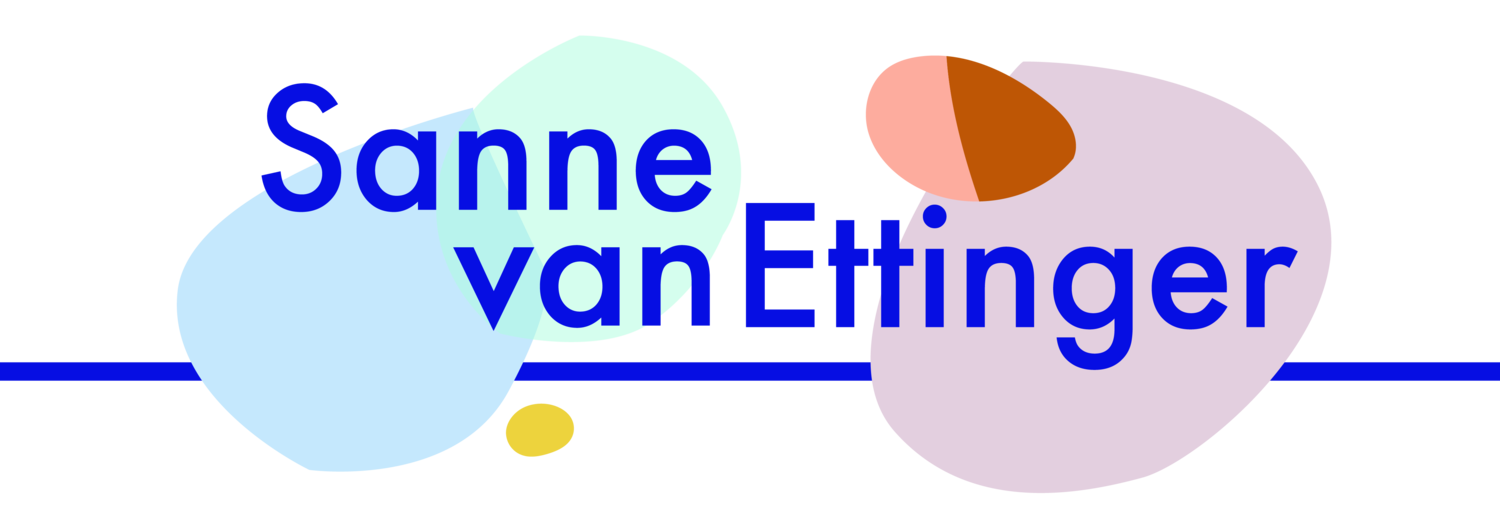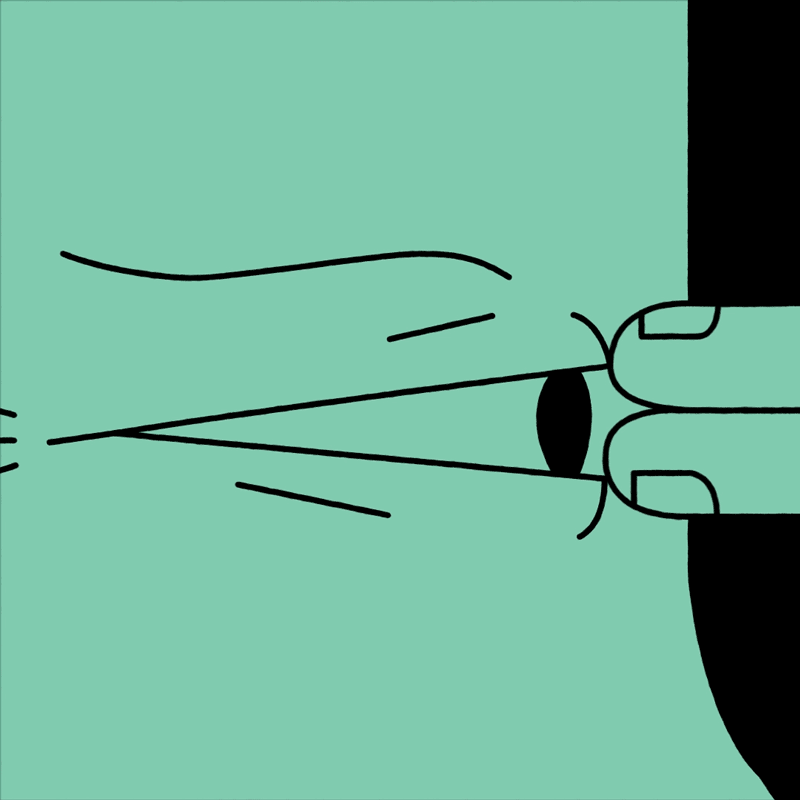six years of campaigning for women equality
Since 2004, WOMEN Inc. has been concerned with promoting the development of women in all aspects of society, particularly the workplace and healthcare. They do this mainly by lobbying and campaigning.
WOMEN Inc. is one of my long term clients that I have always loved working for. Below is a small selection of the campaigns I worked on.

gender sensitive healthcare
problem
Medical science is almost entirely based on men; this has life threatening consequences for women.
solution
Inform the public about this with the hard facts, so in turn they call on their doctors for change. So we’re using public opinion to create change in a secondary target audience (the medical world).
Casefilm (in Dutch) for the Effie Awards.
Medical science is mostly based on the male body. Since women have a hormone cycle and risk of pregnancy, they’re harder and more expensive to include in medical trials. This means that women are basically treated as men with wombs, although men and women differ from each other in every cell of their body. As a result, women often get the wrong medication, wrong diagnoses or don’t get diagnosed at all. This literally costs lives. WOMEN Inc. lobbied amongst medical professionals on this topic for years. The results were meaningful, but slow.
A clear message and shocking facts make it easy for the public and press to speak up in large numbers. The overarching campaign uses a decency standard that is both logical and very necessary; Treat me like a lady. The second line of communication is based on hard facts and statistics. Facts such as, ‘women have a 60 percent higher chance to get side effects from medication than men’ and ‘signs of a heart attack differ between men and women’ are spread online with the urgent request to share them further.
With this message the pressure on the medical professionals and politicians grew heavily. As a result the Dutch minister of healthcare provided 12 million Euros for further research on this topic. The campaign is awarded with a bronze Effie.
limited view
problem
Men and women are treated differently in the media and in society in general, often this happens subconsciously.
solution
Firstly, by confronting the public with real life stereotype examples found in the mainstream media. Secondly by confronting them with their own prejudices by holding a mirror in front of them in the form of a riddle. With this gamification element we increase their online engagement.
Everybody has stereotypes, its just how the brain works. They are formed and confirmed by what we people and hear in their surroundings everywhere, and all the time. The way to get rid of them is by offering a wider perspective. But to do that, people need to be aware of their limited view first.
Beperkt Zicht (Limited View) is a multi-year campaign. The first edition aims at the media. It calls upon the public to share Limited View examples of stereotypes in the media using #BeperktZicht. Existing headlines from national newspapers are flipped around, making them about men instead of women. The results are odd and confronting and make the viewer see the difference between the way men and women are portrayed.
The second edition shows the public that everyone has Limited View, not just the media. If people don’t actively do anything about (subconscious) stereotypes, they automatically become part of the problem. Riddles make people aware of their own stereotypical view. This confrontation is the first step to awareness and eventually to change.
equal pay day
problem
How can WOMEN Inc. raise more awareness for the gender wage gap leading up to Equal Pay Day (the 5th of November, the day that women work symbolically for free until the end of the year) and make the problem understandable for a broader audience?
solution
Make it simple and tangible by telling the full story in a popular tone of voice that is far from formal and by showing women how much money they’re losing.
The pay gap between working men and women in the Netherlands is 18,5%. Women in their twenties should become aware of this before it starts to affect them, but it remains an abstract topic until made tangible and personal.
Therefore, instead of percentages, this campaign talks money and illustrates the amount women miss out on during their entire career: “Where is my €300.000?”
Young women are targeted online to take a test to find out how much they risk to miss out on during their lifetime and which decisions can help them steer clear of the gap.


